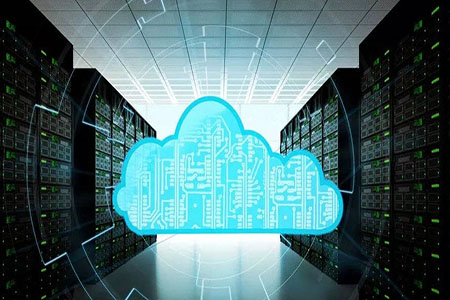Database technology plays a vital role in the information age, providing powerful support for data storage, management and retrieval. With the rise of cloud computing, cloud database services have also become a popular choice. This article will explore the key differences between MySQL cloud databases and traditional databases to help you better understand the similarities and differences between the two.
1. Deployment method
Traditional database: Traditional databases are usually deployed on local hardware, which means you need to purchase, configure and maintain server hardware, operating system and database software. This involves significant capital expenditure and time investment, as well as expertise to manage hardware and software.
MySQL cloud database: MySQL cloud database is a database service hosted on a cloud computing platform. It does not require you to purchase and maintain the hardware yourself, instead the cloud service provider is responsible for managing the underlying hardware and database software. This reduces the management and maintenance burden while also providing greater flexibility and scalability.
2. Scalability
Traditional database: The scalability of traditional databases is often limited by hardware and network limitations. To expand the performance of your database, you may need to purchase more hardware and scale vertically, which may result in high costs and complex operations.
MySQL cloud database: MySQL cloud database usually has better scalability. Cloud service providers allow you to scale your database horizontally as needed, making it easier to handle traffic spikes and fluctuations in demand. This means you can dynamically adjust the performance of your database based on your actual needs without requiring additional hardware investments.

3. Security
Traditional databases: Securing traditional databases requires investing a lot of time and resources. You'll need to regularly update operating systems and database software, configure firewalls and access control lists, monitor database activity, and implement backup and disaster recovery plans.
MySQL cloud database: Cloud database services typically provide built-in security features, including data encryption, authentication, access control, and continuous monitoring. Cloud service providers typically handle many security tasks automatically, allowing you to focus more on application development and business needs.
4. Backup and recovery
Traditional database: In traditional databases, backup and disaster recovery plans need to be carefully designed and maintained. This includes regularly backing up the database, storing backup data, and establishing a recovery strategy.
MySQL cloud database: Cloud database services usually provide automatic backup and recovery options, making data backup and recovery easier. You can set up backup strategies according to your needs and restore your data when needed.
5. Cost
Traditional databases: Traditional databases require significant capital expenditures, including hardware purchase, maintenance, upgrades, and expansion. Additionally, human resources are required to manage the database.
MySQL cloud database: Cloud databases usually adopt a pay-as-you-go billing model. You only pay for the resources you use without having to pay large capital expenditures upfront. This model is more cost-effective and reduces financial risk.
There are obvious differences between MySQL cloud database and traditional database in terms of deployment method, scalability, security, backup and cost. Cloud databases provide users with greater flexibility, scalability, and convenience while reducing the burden of management and maintenance. However, which database solution you choose depends on your specific needs and resources. Before making a decision, you need to carefully weigh various factors to ensure that you choose the database solution that is best for you.

 EN
EN
 CN
CN








